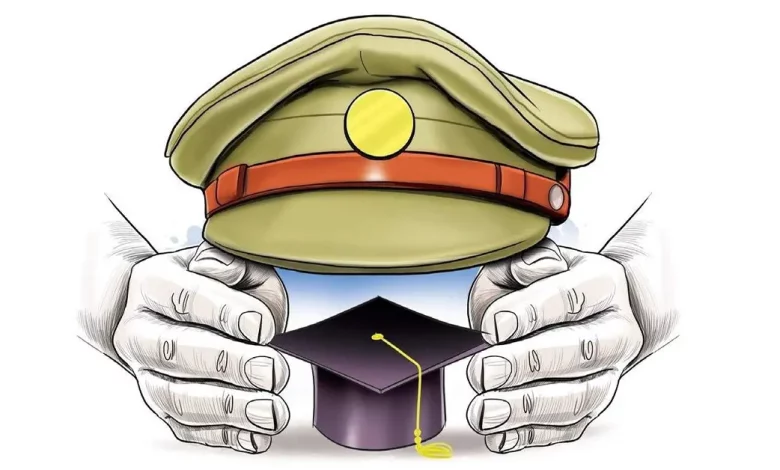
Context- The Ministry of Home Affairs (MHA) has recently asked “defaulting” states to follow the SC’s directives (in the Prakash Singh case) on the appointment of Director General of Police (DGP).
About Director General of Police (DGP)
-
- In India, the DGP is the highest-ranking police officer in a state or union territory, and is also referred to as the State Police Chief.
- Contention over the appointment procedure:
-
-
- Several states have exceeded laws or government orders to avoid the empanelment manner (required for the appointment of DGP) of the country. The West Bengal government has requested the SC to modify its 2018 judgment.
-
- Reasons for the competition:
-
- The police and public order are totally in the jurisdiction of the state
- Until Parliament passes a new law, the state does not have the government to not forget and employ the DGP.
- Under the concepts of judicial overview or inside the use of the court’s extraordinary government (Article 142 – Power to trouble orders for doing whole justice), the SC ought to not restriction a nation’s legislative capabilities.
The SC’s Prakash Singh Judgement on Police Reforms
- Prakash Singh, who served as the DGP of the Uttar Pradesh Police and the Assam Police, among different positions, filed a PIL within the SC in 1996, inquiring for police reforms.
- The landmark judgment of 2006: The SC, in mandating all states and UTs to put in force police reforms, outlined a list of steps that governments need to observe to make certain that the police may additionally execute their jobs without fear of political interference.
- The measures counseled by the SC: The 7 primary directives from the SC inside the verdict have been –
- Fixing the tenure and choice of the DGP: This is to avoid the conditions in which officers about to retire in a few months are given the submit.
- No political interference: In order to make this certain, a minimal tenure was sought for the Inspector General of Police so that they may not be transferred mid-term by politicians.
- Constitute Police Establishment Boards (PEB): Comprising law enforcement officials and senior bureaucrats to insulate powers of postings and transfers from political leaders.
- Set up the State Police Complaints government (SPCA): This is to offer a platform in which common people aggrieved by police action could approach.
- Separation of investigation and regulation and order capabilities of police.
- Set up State Security Commissions (SSC) and a National Security Commission: They will propose the government (State/National as the case can be) on vast coverage recommendations for higher policing, organisational goals to initiate preventive measures, etc.
How did states respond to those directives?
- According to a Commonwealth Human Rights Initiative (CHRI) document (2020),
- Not a single state completely complied with the Supreme court directives in the Prakash Singh case.
- After 2006, 18 states passed or updated their Police Acts, even though none of them completely matched the legislative fashions outlined within the 2006 choice.
- Some states talked about “flaws” in the SC judgement in the Prakash Singh case.
- The CM should have some discretion over who’s first-rate desirable to guide the police force and the government’s preference won’t always be most of the 3 senior-maximum.
The Case of Appointment of Temporary DGPs
- States where temporary DGPs had been appointed:
- While Andhra Pradesh, Telangana, UP and Punjab have had such brief DGPs for almost or more than a year, 3 other states, Uttarakhand, Odisha and West Bengal, and the UT of J&K, have lately appointed “appearing DGPs”.
- UP has had four appearing DGPs in the past 20 months.
- The MHA Directive to the Defaulting States:
- The defaulting states must comply with SC guidelines and Union Public Service Commission guidelines on appointment of normal DGPs with a tenure of years.
- The brief or “performing DGPs” are to be appointed only in exceptional circumstances.
Source: The Indian Express
Practice Questions:
Q.Which of the following is not correct about the appointment of State Director General of Police?
a.Appointments of DGPs are on the basis of the Supreme Court judgment on police reforms in Prakash Singh vs Union of India.
b.The consent of an officer is needed for his/her posting as DGPs.
c.Centre has the power to not relieve an officer for posting as DGP in the state.
d.States are supposed to draw up and send to the UPSC a list of eligible officers under certain conditions.
Ans: “b”





.png)



